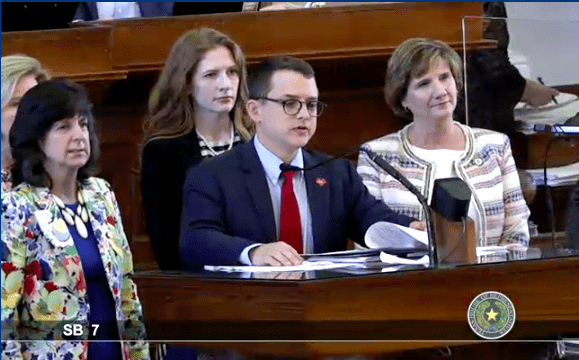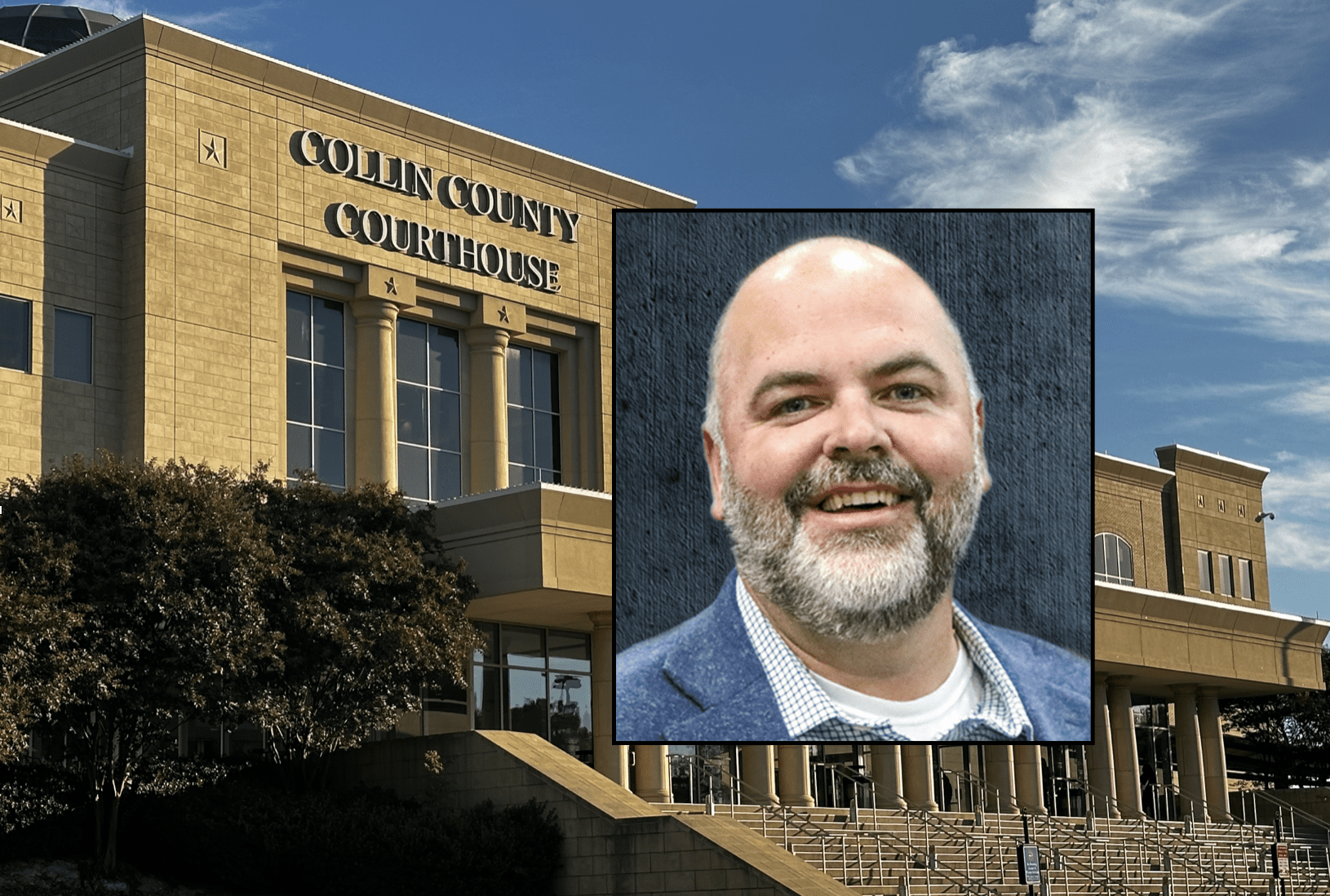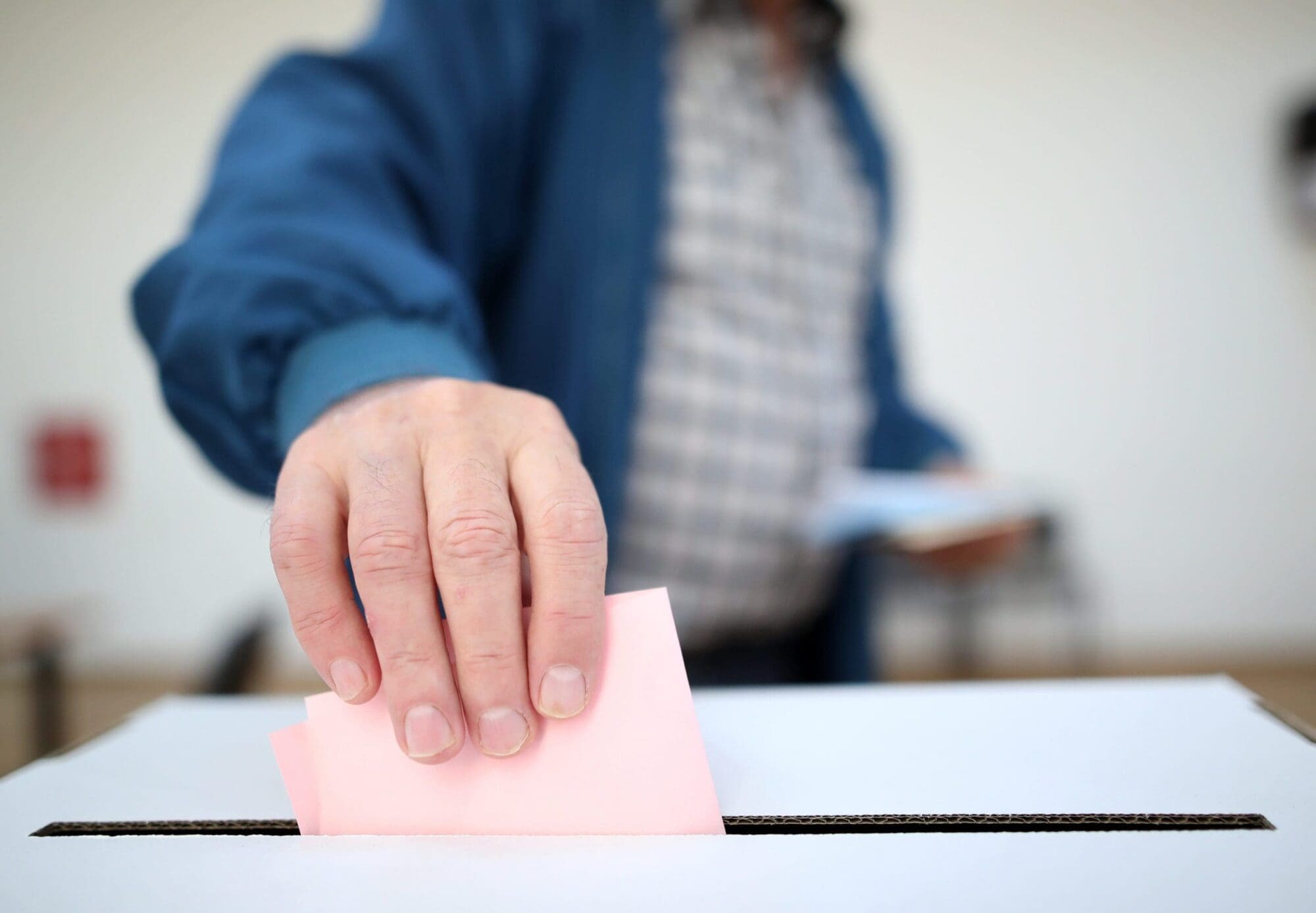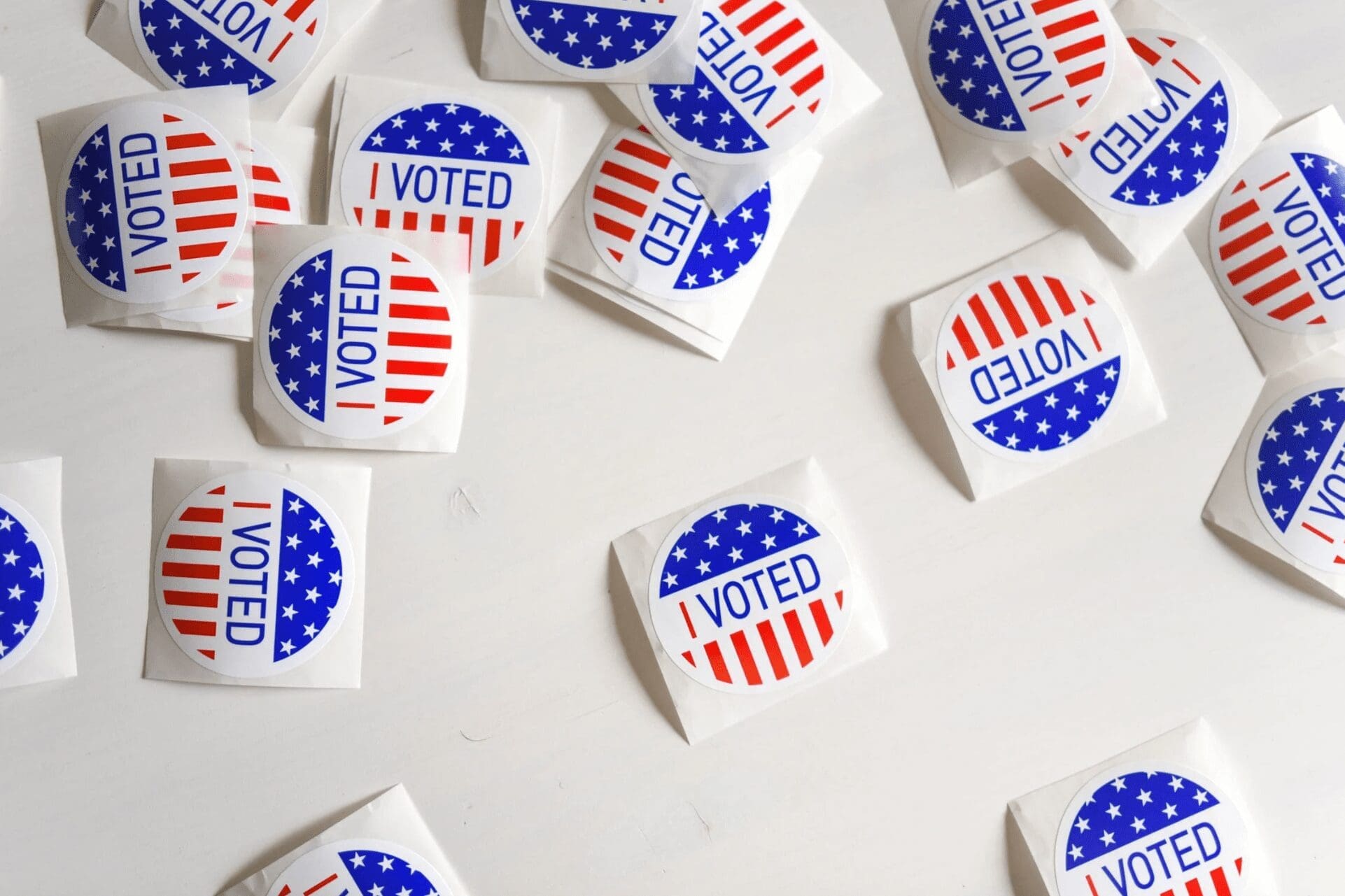Updated May 7 to include the final House vote.
After weeks of public discussion—capped off with hours of debate, overnight delays, and deal-making on and off the House floor—Texas lawmakers advanced Republicans’ top-priority election integrity legislation. But key reforms sought by advocates are still in limbo.
Early Friday, the Texas House gave preliminary approval to the Election Integrity Protection Act of 2021, a comprehensive election reform bill backed by GOP officials and grassroots advocates, on a near party-line vote of 81-64.
House members considered a revised version of Senate Bill 7 (called a committee substitute) that contained language identical to House Bill 6, the lower chamber’s election reform omnibus bill.
Last week, State Rep. Briscoe Cain (R–Deer Park), who chairs the House Elections Committee, replaced the entire contents of SB 7 with the language in HB 6, which he authored with support from 70 additional members.
The two top-tier election integrity bills were substantially different, but both measures included a number of reforms sought by advocates.
Democrats and their corporate allies have been demagoguing the reforms for weeks (with some Republicans joining in the criticisms), mischaracterizing election integrity as “voter suppression” and “bad for business.”
But grassroots election integrity advocates made it clear they expect the Republican-controlled legislature to deliver real results in the form of substantive reforms citizens have prioritized.
“The intent of this bill is to protect every single voter in Texas,” Cain said at the opening of Thursday night’s back-and-forth on the bill, which had been the subject of an hours-long public hearing in April.
Following one Democrat amendment designed to kill the bill, discussion stalled for hours on a point of order. Cain then requested a postponement that extended overnight as lawmakers negotiated amendments—said to initially number over 100.
Around 2:30 Friday morning, members finally began voting on 19 amendments.
Some of the most significant amendments changed the originally proposed paid vote harvesting penalty from a third-degree felony to a Class A misdemeanor, modified some of the original bill’s poll watcher protections, directed the secretary of state to implement an online mail-ballot tracking system for voters, and allowed voting systems with hand-marked ballots to be used in conjunction with countywide vote centers.
At 3:00 a.m., Cain closed and members passed the amended bill to third reading.
As amended, SB 7 would:
- clarify poll watchers’ purpose and duties (amended)
- allow poll watchers to observe sealing and transfer of data storage devices from voting systems, as well as voters’ hand-delivery of marked mail-in ballots to election officials
- clarify who may be inside a polling place, early voting ballot board, or central counting station
- require voter assistants to complete a form
- add to voter assistants’ oath “under penalty of perjury” and “I did not pressure, coerce, or intimidate the voter into choosing me to provide assistance”
- clarify illegal mail-ballot assistance and make it a state jail felony
- add an offense for voting in Texas and another state in the same election
- add as election fraud offenses knowingly counting invalid votes or failing to count valid votes
- make participation in paid “vote harvesting services” a Class A misdemeanor (amended)
- prohibit public officials from distributing unsolicited mail ballots or applications
- prohibit public officials from altering, suspending, or waiving election procedures
- create a system for prioritizing and expediting court proceedings in election-related cases
- create an online mail-ballot tracking system for voters (added)
- allow voting systems with hand-marked ballots to be used in conjunction with countywide vote centers (added)
Most of the provisions included in the Senate’s version of the bill are still missing.
While interest in securing elections intensified during 2020 as voting rules were loosened without legislative oversight, this year’s election reform priorities are much the same as in past sessions: clean up voter rolls, secure mail ballots, stop illegal voter assistance, make sure voting machines produce accurate results, and punish cheaters.
Republican Party of Texas delegates made election integrity a legislative priority for the 2019 session, but a major omnibus election integrity bill failed to pass, leaving lawmakers to try again on many of the reforms.
During their convention last summer, RPT delegates chose election integrity as their top priority for 2021, and it’s the only RPT priority this session also given fast-track emergency status by Republican Gov. Greg Abbott back on February 1.
Abbott, Lt. Gov. Dan Patrick, and House Speaker Dade Phelan all publicly endorsed SB 7 and HB 6.
SB 7 received a final favorable vote Friday afternoon, passing the House 78-64.
Because the House and Senate passed different versions of the bill, they will form a conference committee to hammer out a mutually acceptable version for final approval by both chambers.
Texas Scorecard is tracking the progress of key election integrity bills in the House and Senate.
The legislative session ends on May 31.





